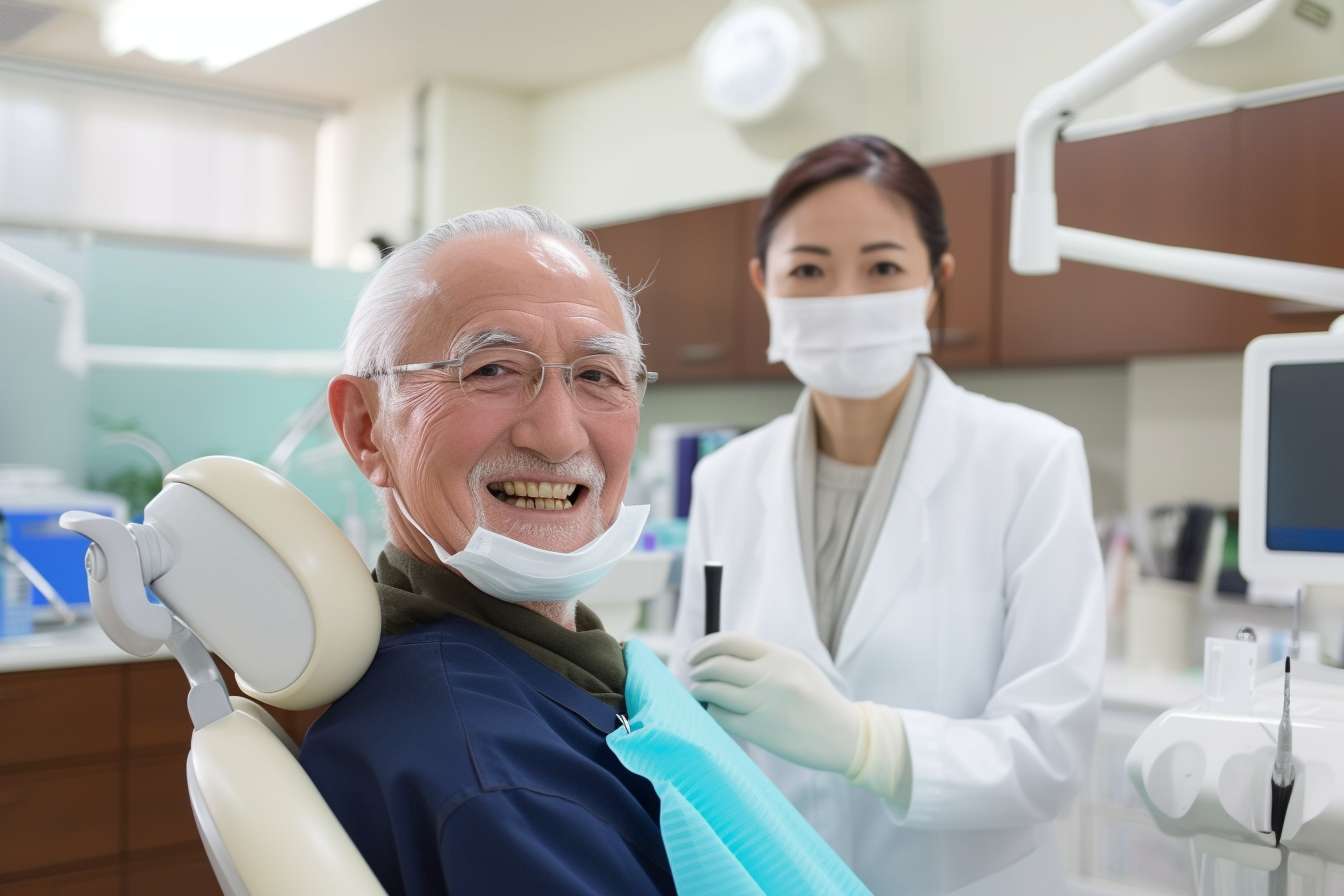Senior Guide to Dental Implant Costs in 2025: Budgeting, Trends, and Emerging Options
As seniors age, maintaining oral health becomes increasingly important. For many, dental implants present a durable and effective solution for replacing missing teeth. However, understanding the cost and options available is crucial. Here’s a comprehensive guide on what seniors should know about dental implant costs in 2025, with a focus on emerging trends like screwless dental implants.

What are the dental implant essentials for seniors?
Dental implants are artificial tooth roots surgically placed into the jawbone to support replacement teeth. For seniors, dental implants offer several benefits, including improved appearance, speech, and ability to eat comfortably. They also help prevent bone loss in the jaw, which is common after tooth loss. Essential considerations for seniors include:
-
Overall health assessment: Seniors should undergo a thorough medical evaluation to ensure they are good candidates for implant surgery.
-
Bone density evaluation: Adequate jawbone density is crucial for implant success. Some seniors may require bone grafting before implant placement.
-
Healing time: Older adults may require longer healing periods between implant placement and the attachment of artificial teeth.
-
Maintenance requirements: Regular dental check-ups and proper oral hygiene are essential for long-term implant success.
How can seniors budget for dental implants in 2025?
Budgeting for dental implants requires careful planning, especially for seniors on fixed incomes. Here are some strategies to consider:
-
Start saving early: Begin setting aside funds well in advance of the procedure.
-
Explore insurance options: While traditional Medicare doesn’t cover dental implants, some Medicare Advantage plans may offer partial coverage.
-
Consider financing options: Many dental offices offer payment plans or partner with third-party financing companies.
-
Look into dental schools: Academic institutions often provide discounted implant services performed by supervised students or residents.
-
Investigate dental tourism: Some seniors opt for implant procedures in countries with lower healthcare costs, though this requires careful research and consideration of potential risks.
What are the emerging screwless dental implant trends?
Screwless dental implants are an innovative approach gaining traction in the field of implantology. This technology offers several potential benefits for seniors:
-
Faster healing: The absence of screws may reduce trauma to the bone, potentially speeding up the osseointegration process.
-
Simplified procedures: Screwless implants often require fewer components, which can simplify the implantation process.
-
Reduced risk of complications: The design may decrease the risk of loosening or bacterial infiltration around screw threads.
-
Improved aesthetics: Screwless implants can provide a more natural-looking result, especially in the front of the mouth.
While promising, it’s important to note that long-term studies on the efficacy of screwless implants are still ongoing, and not all dental professionals may offer this option.
How do All-on-4 implant solutions benefit seniors?
All-on-4 implant solutions have become increasingly popular among seniors seeking full-arch tooth replacement. This technique involves using four strategically placed implants to support an entire arch of teeth. Benefits for seniors include:
-
Reduced need for bone grafting: The angled placement of rear implants often eliminates the need for extensive bone grafts.
-
Shorter treatment time: Patients can often receive a temporary set of teeth on the same day as implant placement.
-
Lower cost: Compared to individual implants for each tooth, All-on-4 can be more cost-effective for full-arch restoration.
-
Improved quality of life: This solution provides a fixed, stable set of teeth that look and function like natural teeth.
What should seniors know about navigating full-mouth implant costs?
Full-mouth dental implants represent a significant investment in oral health and quality of life. Here’s what seniors should consider when navigating the costs:
-
Comprehensive treatment plan: Full-mouth implants often involve multiple procedures, including extractions, bone grafting, and the placement of implants and prosthetics.
-
Material choices: The type of materials used for the implants and prosthetics can significantly impact the overall cost.
-
Prosthodontist expertise: Working with a specialist in prosthetic dentistry may increase upfront costs but can lead to better long-term outcomes.
-
Ongoing maintenance: Factor in the cost of regular check-ups and potential repairs or replacements over time.
| Treatment Type | Estimated Cost Range (2025 Projection) | Key Factors Affecting Cost |
|---|---|---|
| Single Tooth Implant | $3,500 - $6,000 | Location of tooth, need for bone grafting |
| All-on-4 Implants (per arch) | $20,000 - $35,000 | Material quality, complexity of case |
| Full Mouth Implants | $40,000 - $70,000 | Number of implants, type of prosthetics |
| Screwless Implant (single tooth) | $4,000 - $7,000 | Availability of technology, practitioner expertise |
Prices, rates, or cost estimates mentioned in this article are based on the latest available information but may change over time. Independent research is advised before making financial decisions.
As dental implant technology continues to advance, seniors have more options than ever for restoring their smiles. While the costs can be substantial, the long-term benefits in terms of oral health, nutrition, and quality of life make dental implants a worthwhile consideration for many older adults. By understanding the essentials, budgeting effectively, and exploring emerging options like screwless implants and All-on-4 solutions, seniors can make informed decisions about their dental health investments as we approach 2025.
This article is for informational purposes only and should not be considered medical advice. Please consult a qualified healthcare professional for personalized guidance and treatment.




